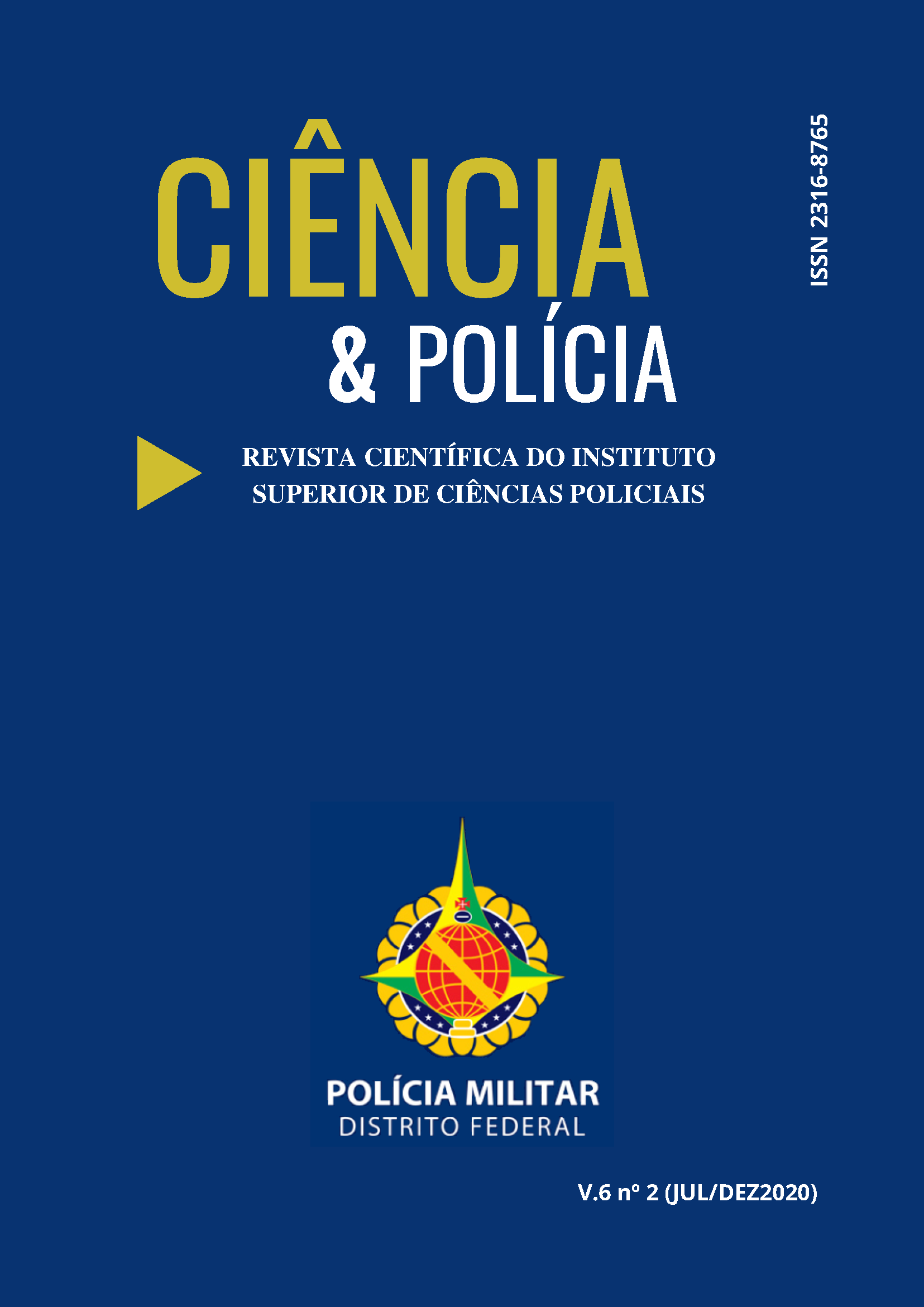THE PHASE OF THE ITER CRIMINIS COGITATION UNDER THE OPTICS OF THE PLANNED BEHAVIOR THEORY: understanding the criminal mind and its reflexes in public safety
DOI:
https://doi.org/10.59633/2316-8765.2020.290Abstract
This research approaches the phase of the iteration of the criminals from the perspective of the Theory of the Behavior Planned aiming at the understanding of the criminal mind and its reflexes in the public safety. Such an approach is justified professionally because this study may allow greater efforts to be employed in the following areas: qualified criminal prevention; Strategies and management of public security; Criminal analysis, negotiation; Crisis management and; Police doctrine. As far as academic relevance is concerned, it is intended to open a new frontier within criminal prevention, since other studies in this field were not unveiled, involving this subject with the knowledge of social psychology, law and environmental criminology. The object of this research is to answer the question about the applications of the Theory of Planned Behavior before the phase of the iteration of criminals and the reflexes in public security. This purpose will be reached through bibliographical sources, going through a review of the literature, doctrine, legislation and documents. This research constitutes an original scientific work and a qualitative research, with exploratory objectives and technical procedures of bibliographical research, through the deductive method. The study showed that the Theory of Planned Behavior can contribute to a better understanding of the criminal mind and the stages that make up the Iter Criminis cogitation phase. And so, this research will favor the prioritization of qualified crime prevention.
Downloads
Published
Issue
Section
License
Copyright (c) 2023 Revista Ciência & Polícia

This work is licensed under a Creative Commons Attribution 4.0 International License.
Este artigo está licenciado sob uma Licença Creative Commons. Com essa licença você pode compartilhar, adaptar, para qualquer fim, desde que atribua a autoria da obra, forneça um link para a licença, e indicar se foram feitas alterações.





